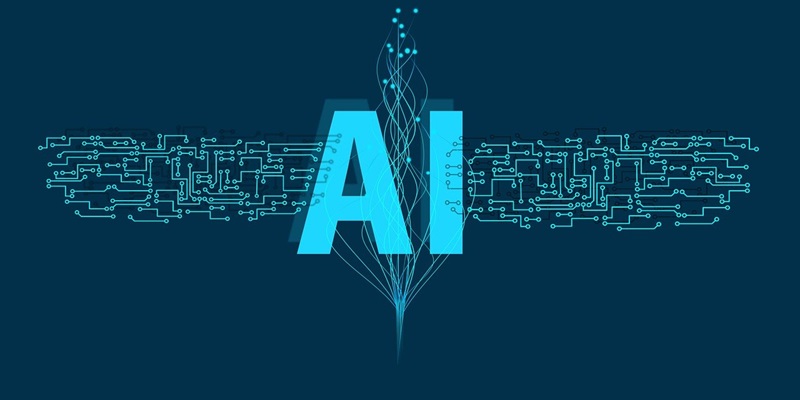In the rapidly evolving world of artificial intelligence (AI), concerns have been raised about the ethical use of data and the fair treatment of creators. Addressing these concerns, a new nonprofit firm called Fairly Trained has emerged, offering certifications to companies that take a consent-based approach to training generative AI models. By promoting ethical data practices, Fairly Trained aims to ensure that creators are treated fairly in the AI ecosystem.
Background of Fairly Trained
Led by CEO Ed-Newton Rex, Fairly Trained was founded in response to Rex’s previous concerns over the use of copyrighted data for training generative AI systems. Recognizing the need for a transparent and consent-based approach, Rex decided to create an organization dedicated to promoting fair treatment of creators. Fairly Trained is driven by the belief that companies should not only consider the technical aspects of AI training but also prioritize the ethical sourcing of data.
The L Certification
Central to Fairly Trained’s mission is the L Certification, a prestigious recognition for generative AI system providers. This certification is obtained by companies that have adhered to Fairly Trained’s requirements, including the use of “consented” data in their training processes. Fairly Trained’s L Certification serves as a seal of approval, indicating to stakeholders that a company has met the ethical standards set by the organization.
Consent for Certification
Fairly Trained recognizes that obtaining consent from creators is paramount in the certification process. Importantly, the organization considers obtaining a license from an organization that licenses from creators as sufficient consent for certification purposes. By doing so, Fairly Trained promotes a system that respects the rights and permissions of creators, ensuring fair and ethical data practices.
Data Requirements and Due Diligence
To obtain the L Certification, companies must demonstrate a commitment to rigorous data due diligence. This includes having contractual agreements in place with data providers, ensuring that the data used in their AI training is open-licensed or owned. Companies need to maintain detailed records of the training data used for each model, providing transparency and accountability in their data practices.
The Certification Process
Obtaining the prestigious L Certification involves a straightforward process. Companies interested in certification are required to submit an online form and pay a submission fee. Subsequently, Fairly Trained carries out a thorough review of the company’s data practices to ensure they meet the certification requirements. This review includes examining the company’s data collection, usage, and data management processes.
Responsibilities and Annual Fee
Once certified, companies are expected to fulfill certain responsibilities. This includes paying an annual certification fee, which contributes to the operational costs of Fairly Trained and the ongoing monitoring of certified companies. Upholding data practices and ethical standards is crucial, and should a company’s practices change in a way that no longer aligns with the certification requirements, Fairly Trained reserves the right to rescind the certification.
Success Stories
The impact of Fairly Trained and its certification program is already being felt in the AI industry. Eight startups have successfully obtained the L Certification, serving as shining examples of ethical data practices and fair treatment of creators in the AI ecosystem. These certified companies have not only demonstrated their commitment to responsible AI training but have also set themselves apart as leaders in ethical and transparent data utilization.
As AI continues to transform industries and societies, it is crucial to ensure that data usage is both responsible and respectful of creators’ rights. Fairly Trained’s L Certification offers vital recognition for companies that prioritize consent-based, fair training of generative AI models. By obtaining this certification, companies demonstrate not only their commitment to ethical data practices but also pave the way for a more inclusive and fair AI ecosystem. It is imperative that companies come forward, obtain the L Certification from Fairly Trained, and work towards building an AI landscape that respects and protects the rights of creators. Through these collective efforts, we can realize the true potential of AI while upholding ethical standards.

